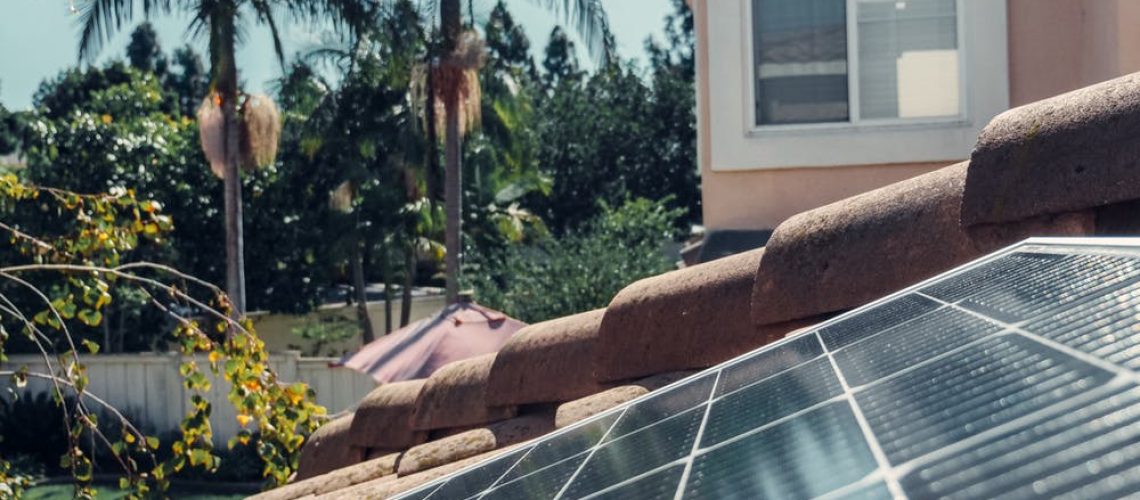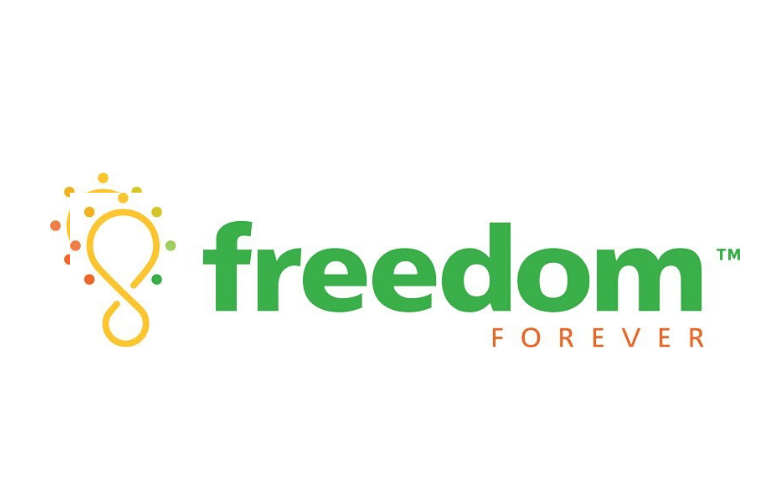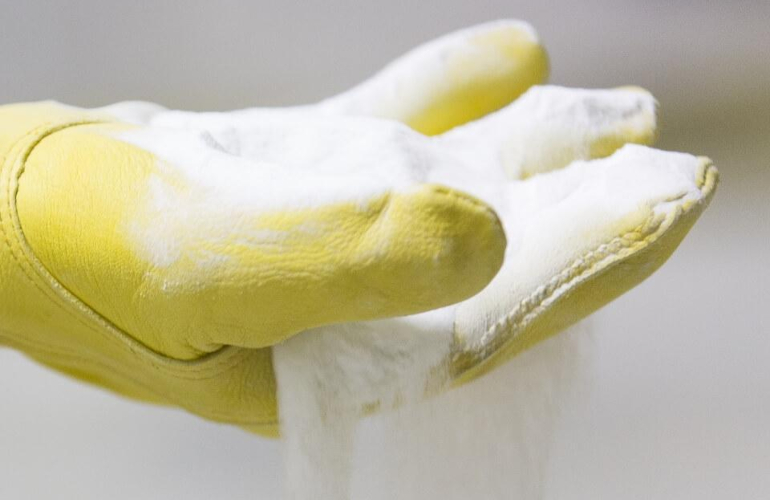The fintech company will now focus exclusively on its solar business, which has quickly become its best-performing product since launching in 2021.
Financing provider CommonBond has recognized the boom in residential solar has just begun, announcing it has pivoted its business to focus exclusively on solar financing.
Its solar financing product was soft launched in 2021, and rapidly grew to be the company’s largest business. The company said there’s a lot of room to run yet, as only 3 to 4% of US households are topped with PV.
CommonBond will be stepping away from its student loan origination business on June 15. Current student loan customers will be serviced by Firstmark Services. Current CommonBond customers will also get preferential access to solar financing options, as will the company’s corporate partners, said the company.
The company expressed interest in entering other “green lending” markets. Consumer desires are becoming increasingly focused on sustainable solutions, and businesses are adopting environmental, social, and governance goals readily, opening opportunities for CommonBond to serve.
“We are excited by the impact we’re having in the residential solar market,” said David Klein, ceo and co-founder of CommonBond. “Every day, we hear the stories of our customers saving money on their electricity bill and reducing their annual coal consumption by tons – literally, tons – because of the solar adoption we are enabling. It’s incredibly rewarding.”
“This is a giant step forward,” said Brian Hirsch, Managing Director at Tribeca Venture Partners and CommonBond board member. “We are still very early in the consumer adoption cycle of renewable energy, and there needs to be enablers of mass adoption. Digitally native financing is one of those enablers, and that is one of CommonBond’s core strengths.”
CommonBond’s solar financing product was fully launched in February 2022. At launch, the company projected it was on pace to perform $1 billion in residential solar project originations this year.
Solar financing is a common path to owning a PV system. SolarReviews said secured loans such as HELOC run between 3 to 8.5% APR, depending on credit score. The rate of PACE loans tends to be higher, with APRs between 6.5 to 8.5%. Unsecured loans have higher APRs, and generally vary widely in their APRs. In general, they range 6 to 30%, and having a good credit score helps keep rates low.
Many solar loans are zero-down, but where down payments are required, they typically range between $0 to $3000. You can find a solar loan as short as three years or as long as 30, but typically they range from 10 to 20 years, said SolarReviews.
A Zillow study found solar raises a home’s property value by 4.1% on average. On a $500,000 home, that is an increase of $21,500 in value.






